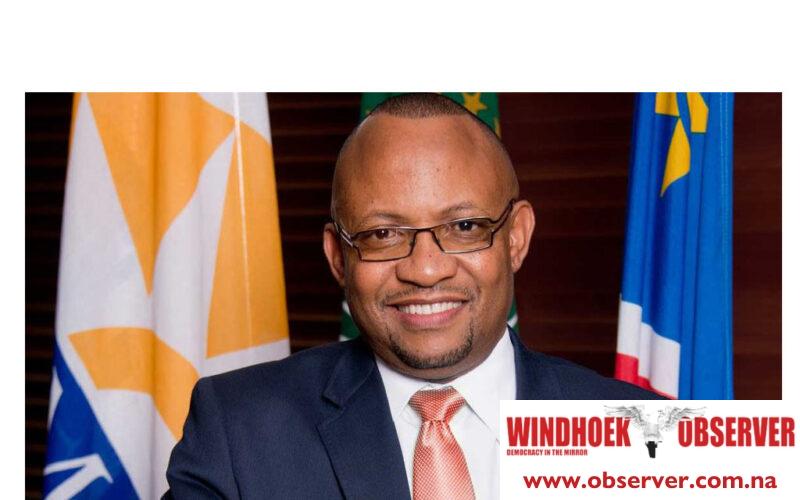Niël Terblanché
The ongoing court battle between United Kingdom-based Menzies Aviation Namibia and the state-owned Namibia Airports Company and others has placed the spotlight on the continuous struggle within developing nations like Namibia to find the correct balance between the necessity for international collaborations and loans, and the safeguarding of national interests and sovereignty.
The dispute raised allegations and speculation concerning the Namibian Government’s potential reluctance to intervene in disputes involving state-owned enterprises (SOEs) and foreign entities.
The focal point of an investigative inquiry directed at the Ministry of Finance and Public Enterprises had at its heart the conjectured influence of international debts on the government’s decisions regarding infrastructure management.
In a set of questions sent to the finance minister Ipumbu Shiimi, it was posited that the government’s hesitancy in intervening might be connected to outstanding debts to institutions like the Kuwait Fund for Arab Economic Development and the Arab Bank for Economic Development in Africa (BADEA) through the African Development Bank.
It is a well-known fact that such financial obligations create avenues for foreign entities to exert influence over state-owned entities and their operations.
Speculation was further intensified by the recent acquisition of majority shareholding in Menzies Aviation by Agility – a Kuwaiti-based business entity. The UK-based company is seemingly insisting on the tender for ground handling services at the Hosea Kutako International Airport, purportedly as a method to recover Namibia’s outstanding debt.
A question regarding whether infrastructure development, funded by external sources has become a liability to the extent of exposing the Namibian Economy and allowing business entities to commandeer parts or portions of it was also raised with the finance minister.
Suspicions surrounding the management of the new container terminal in the port of Walvis Bay, where DB World – another Middle Eastern business entity – increased because it was once considered, possibly as a debt recovery strategy.
Wilson Shikoto, the spokesperson of the Ministry of Finance and Public Enterprises stressed that the ongoing court battle is subject to the discretion of Namibia’s independent judiciary.
Shikoto stated that the government steadfastly adheres to the provisions of the Public Procurement Act (Act No 15 of 2015) and other relevant laws and regulations, underlining its commitment to allowing the legal framework to resolve such disputes.
He unequivocally denied any unprocedural relationships or obligations with Menzies Aviation or DB World, insisting that the loan agreements with Development Finance Institutions (DFIs) did not impose any conditionalities requiring any unprocedural actions.
Shikoto stated that the loan from the Kuwait Fund to construct the railway line from Tsumeb to Oshikango in the early 2000s was fully repaid in 2021, and the current outstanding balance with BADEA stands at approximately N$36.5 million.
He said the government remains steadfast in its commitment to uphold the law and insists on its transparency and integrity in all its domestic and international interactions and that it is dedicated to maintaining the sovereignty and independence of its decision-making processes from any external financial entanglements.




